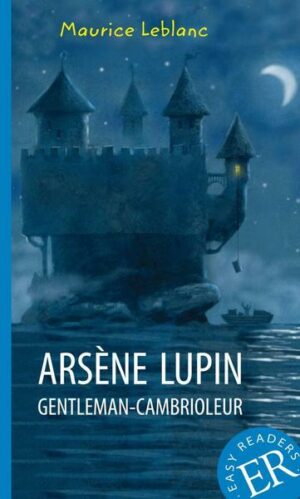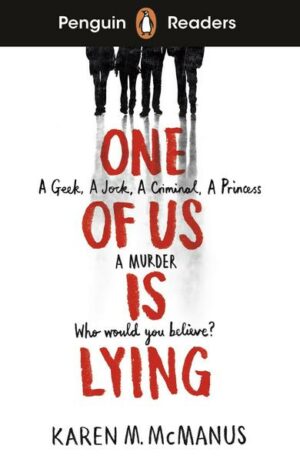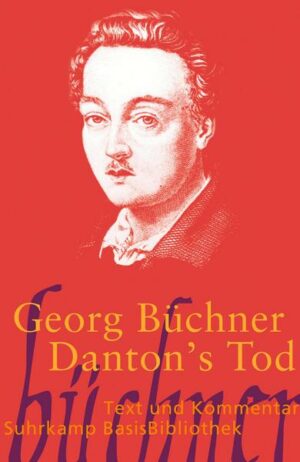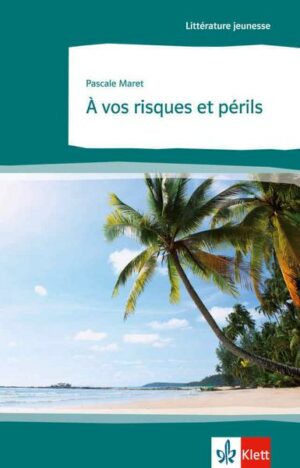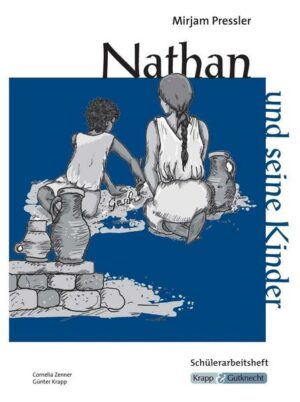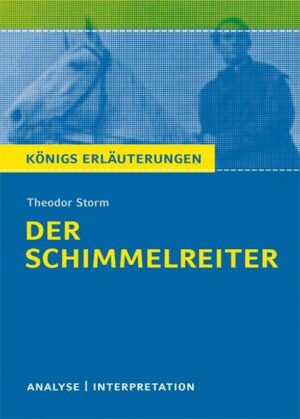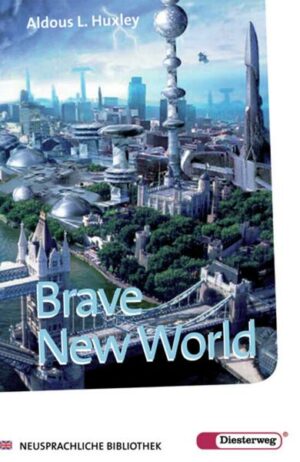Dive into the Dystopian Depths of *Brave New Worldby Aldous Huxley
Embark on a thought-provoking journey into a future that both captivates and unnerves with Aldous Huxley’s groundbreaking novel, Brave New World. This isn’t just a book; it’s an experience that will challenge your perceptions of happiness, freedom, and the very essence of humanity. Are you ready to explore a world where contentment is manufactured, and individuality is a relic of the past?
Published in 1932, *Brave New Worldremains startlingly relevant today, offering a chillingly prescient vision of a society obsessed with pleasure and conformity. Prepare to be enthralled by Huxley’s masterful storytelling, his intricate world-building, and the profound questions he raises about the cost of utopia.
Unveiling the World State: A Glimpse into the Future
Imagine a world where genetic engineering, psychological conditioning, and readily available pleasure eliminate suffering and social instability. This is the World State, a seemingly perfect society built on the principles of stability, community, and identity. But beneath the surface of manufactured happiness lies a disturbing truth: the suppression of individuality, free thought, and genuine human connection.
Huxley paints a vivid picture of this future, where citizens are decanted into predetermined social classes, from the intellectual Alphas to the servile Epsilons. Their lives are meticulously planned, their desires catered to, and their minds conditioned to accept their roles without question. Through the use of „soma,“ a readily available drug, any hint of discontent is instantly erased, ensuring a population that remains blissfully ignorant of its own limitations.
Key Themes Explored in *Brave New World*
Individualism vs. Conformity: At the heart of *Brave New Worldlies the conflict between the individual’s desire for self-expression and the society’s demand for conformity. Are we willing to sacrifice our individuality for the sake of stability and happiness?
The Price of Happiness: Huxley challenges the notion that happiness is the ultimate goal, suggesting that true happiness may require pain, suffering, and the freedom to experience a full range of human emotions. Is a life of manufactured contentment truly worth living?
The Dangers of Technology: *Brave New Worldserves as a cautionary tale about the potential dangers of unchecked technological advancement. When technology is used to control and manipulate, rather than to liberate and empower, it can lead to a loss of freedom and individuality.
The Power of Conditioning: The novel explores the immense power of conditioning to shape human behavior and beliefs. From birth, citizens of the World State are subjected to constant indoctrination, shaping their desires and limiting their ability to think critically.
The Importance of History and Culture: In the World State, history and culture are deemed irrelevant, as they are seen as potential sources of instability. Huxley highlights the importance of preserving our cultural heritage and learning from the past in order to avoid repeating its mistakes.
Meet the Characters Who Dare to Question
While the majority of citizens in the World State passively accept their predetermined roles, a few individuals begin to question the status quo, yearning for something more meaningful. These characters serve as catalysts for change and offer different perspectives on the nature of freedom and happiness.
Bernard Marx: An Alpha Plus intellectual who feels alienated and dissatisfied with the superficiality of World State society. His physical inferiority and intellectual superiority make him an outsider, leading him to question the values of his society.
Lenina Crowne: A beautiful and conventional Beta, who initially embraces the World State’s values of free love and consumerism. However, her experiences with Bernard and John the Savage lead her to question the emptiness of her existence.
John the Savage: Raised on a Savage Reservation outside the World State, John represents a stark contrast to the manufactured happiness of the „civilized“ world. He finds solace in Shakespeare and the values of love, beauty, and sacrifice, but struggles to reconcile these values with the realities of the World State.
Mustapha Mond: One of the ten World Controllers, Mustapha Mond understands the sacrifices that have been made to achieve stability and happiness in the World State. He defends the system, arguing that it is necessary to prevent suffering and maintain social order.
Why *Brave New WorldStill Matters Today
*Brave New Worldis more than just a science fiction novel; it’s a timeless exploration of the human condition that continues to resonate with readers today. Its themes of technological control, social engineering, and the pursuit of happiness are increasingly relevant in our modern world, where technology plays an ever-growing role in our lives.
Consider the following:
The Influence of Social Media: Huxley’s vision of constant stimulation and superficial connection mirrors the addictive nature of social media, where individuals often prioritize validation over genuine human interaction.
The Rise of Genetic Engineering: The novel’s depiction of genetic engineering raises ethical questions about the potential for manipulating human traits and creating a society based on predetermined roles.
The Pursuit of Instant Gratification: The World State’s emphasis on instant gratification and pleasure reflects our own society’s obsession with convenience and immediate satisfaction, often at the expense of long-term well-being.
By reading *Brave New World*, you’ll gain a deeper understanding of these complex issues and be better equipped to navigate the challenges of our increasingly technological and consumer-driven world. It’s a book that will stay with you long after you’ve finished reading, prompting you to question your own values and beliefs.
Delve Deeper into the World of Aldous Huxley
About the Author: Aldous Huxley (1894-1963) was a renowned English writer and philosopher, best known for his dystopian novels, essays, and screenplays. His works often explored themes of science, technology, and the human condition, offering insightful commentary on the social and political issues of his time. He was a prolific writer, producing nearly fifty books, including *Crome Yellow*, *Eyeless in Gaza*, and *The Doors of Perception*.
What Makes This Edition Special?
This edition of *Brave New Worldis carefully crafted to provide you with the best possible reading experience:
High-Quality Printing: Enjoy crisp, clear text and durable pages that will withstand the test of time.
Thoughtful Design: The cover design captures the essence of the novel, making it a beautiful addition to your bookshelf.
Comprehensive Notes and Annotations (Optional): Some editions include helpful notes and annotations to provide context and insights into Huxley’s writing and the historical background of the novel.
Introduction by a Literary Expert (Optional): Gain a deeper understanding of the novel with an insightful introduction written by a leading literary scholar.
Don’t miss out on the opportunity to own this classic work of literature. Order your copy of *Brave New Worldtoday and embark on a journey that will challenge your mind and captivate your imagination!
Frequently Asked Questions about *Brave New World*
What is *Brave New Worldabout?
*Brave New Worldis a dystopian novel set in a futuristic society called the World State, where genetic engineering, psychological conditioning, and readily available pleasure are used to control and manipulate the population. The novel explores the conflict between individual freedom and social stability, raising questions about the cost of utopia.
Who are the main characters in *Brave New World*?
The main characters include Bernard Marx, an Alpha Plus intellectual who feels alienated from World State society; Lenina Crowne, a conventional Beta who begins to question her society’s values; John the Savage, a man raised on a Savage Reservation who represents a stark contrast to the manufactured happiness of the World State; and Mustapha Mond, one of the ten World Controllers who defends the system.
What are the main themes explored in *Brave New World*?
The main themes include individualism vs. conformity, the price of happiness, the dangers of technology, the power of conditioning, and the importance of history and culture.
Why is *Brave New Worldconsidered a classic?
*Brave New Worldis considered a classic because it explores timeless themes that remain relevant today. Its depiction of technological control, social engineering, and the pursuit of happiness continues to resonate with readers, prompting them to question their own values and beliefs.
Is *Brave New Worlda difficult book to read?
While *Brave New Worlddeals with complex themes, it is generally considered an accessible and engaging read. Huxley’s writing style is clear and concise, and the novel’s plot is captivating. However, some readers may find the novel’s dystopian vision disturbing or thought-provoking.
What is „soma“ in *Brave New World*?
„Soma“ is a drug freely available to all citizens of the World State. It’s used to suppress negative emotions and ensure social stability. Soma is a central element of the World State’s control mechanism, allowing people to escape from any unpleasant realities and remain docile.
What is the significance of Shakespeare in *Brave New World*?
Shakespeare represents everything that the World State has suppressed: intense emotion, individuality, complex moral dilemmas, and a sense of the past. John the Savage finds solace and meaning in Shakespeare, but his attempts to introduce these values into the World State ultimately fail.

